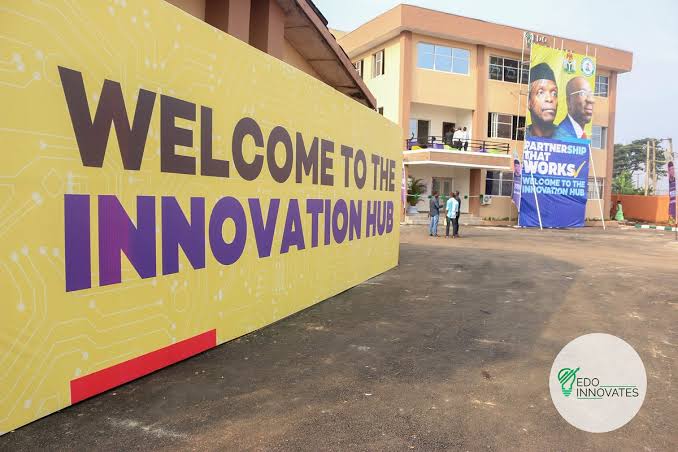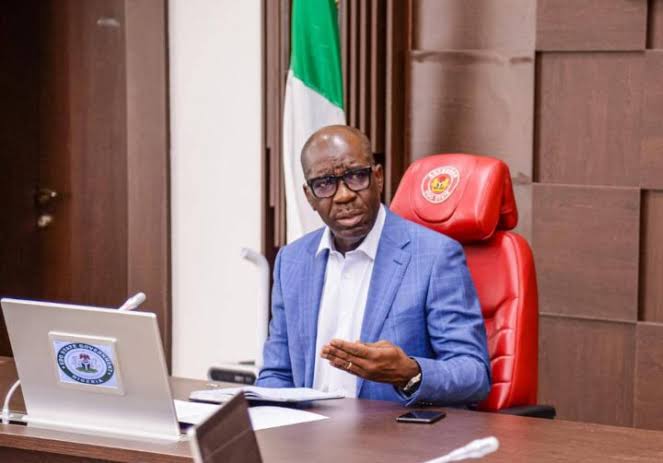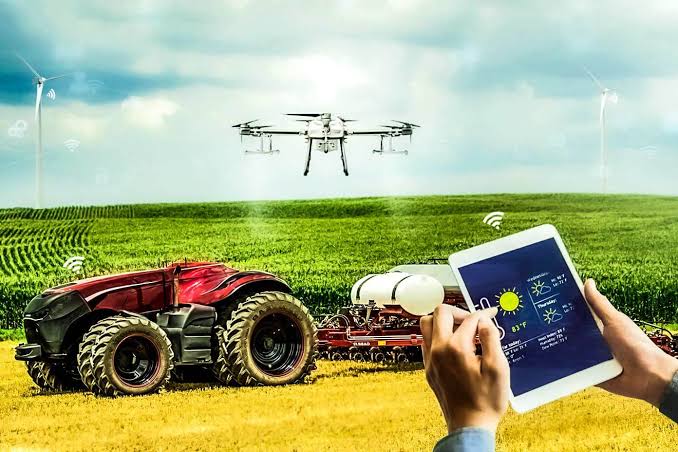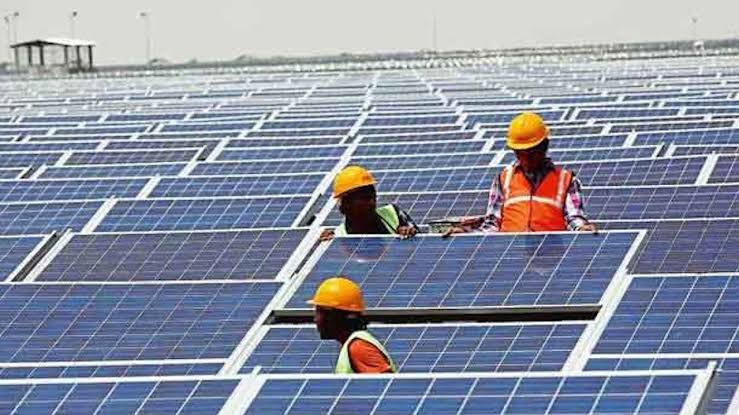Broadband and internet connectivity
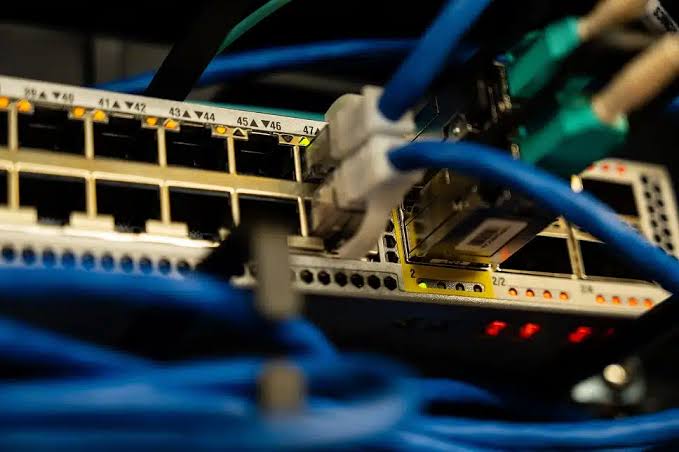
Description
Broadband and internet connectivity in Edo State, Nigeria, are crucial components of the state�s strategy to enhance digital access, support economic development, and improve public services. Here�s an overview of the current state of broadband and internet connectivity in Edo State:
1.Infrastructure Development
Edo State has been focusing on expanding its broadband infrastructure to improve internet access across the state. This includes laying fiber optic cables, upgrading existing networks, and establishing new telecommunications infrastructure. Partnerships with private telecommunications companies have been instrumental in developing and expanding broadband networks to underserved and rural areas.
2. Government Initiatives
The Edo State Government has initiated several projects to boost internet connectivity:
Edo State Broadband Network: The state has been working on deploying a comprehensive broadband network to enhance connectivity. This initiative aims to provide high-speed internet access to more residents, including those in rural areas, and support digital inclusion.
Smart City Projects: Part of the government�s vision includes transforming Benin City into a smart city with improved digital infrastructure. This involves enhancing internet connectivity, integrating smart technologies, and creating a more connected urban environment.
3. Public-Private Partnerships
Collaborations with private telecommunications companies, such as MTN, Glo, Airtel, and 9mobile, have been crucial in expanding broadband and internet services. These partnerships facilitate the expansion of network coverage, increase the availability of high-speed internet, and promote competitive pricing.
4. Community Access Points
To address gaps in connectivity, various community access points, such as internet cafes and public Wi-Fi hotspots, have been established. These access points provide residents with affordable internet access and support digital literacy efforts.
5. Digital Inclusion Programs
Edo State has implemented digital inclusion programs aimed at increasing internet access among marginalized groups. These programs often include providing subsidized internet services, distributing digital devices, and offering training to help individuals effectively use online resources.
6. Impact on Education and Business
Improved broadband and internet connectivity have had significant impacts on education and business in Edo State:
Education: Schools and educational institutions benefit from enhanced internet connectivity, which supports e-learning platforms, online research, and access to educational resources.
Business: Small and medium-sized enterprises (SMEs) and startups in the state leverage improved internet connectivity to access online markets, digital tools, and business networks, contributing to economic growth and innovation.
7. Challenges and Future Outlook
Despite progress, there are challenges related to broadband and internet connectivity in Edo State, including:
Infrastructure Gaps: Some rural and remote areas still face limited connectivity due to infrastructure gaps.
Cost of Services: While there have been improvements, the cost of internet services can still be a barrier for some residents.
The future outlook includes continued investment in expanding broadband infrastructure, increasing digital literacy, and fostering partnerships to enhance connectivity and reduce costs. The state government�s commitment to digital transformation is expected to drive further improvements in internet access and support overall development.
References
Edo State Government Official Website: [Edo State Government Initiatives](https://www.edostate.gov.ng)
Nigerian Communications Commission (NCC): [Broadband Policy](https://www.ncc.gov.ng)
Private Telecommunications Companies (MTN, Glo, Airtel, 9mobile): [Company Websites]

Opdwodowkdwiidwok djwkqdwqofhjqwlsqj jfkmclasdkjfjewlfjkwkdjoiqw fnedkwdkowfwhi jiowjiowhfiwkj rohriowjropwjrofwjrijeiwo edostatearchives.org
Opdwodowkdwiidwok djwkqdwqofhjqwlsqj jfkmclasdkjfjewlfjkwkdjoiqw fnedkwdkowfwhi jiowjiowhfiwkj rohriowjropwjrofwjrijeiwo edostatearchives.org
.png)
.png)





